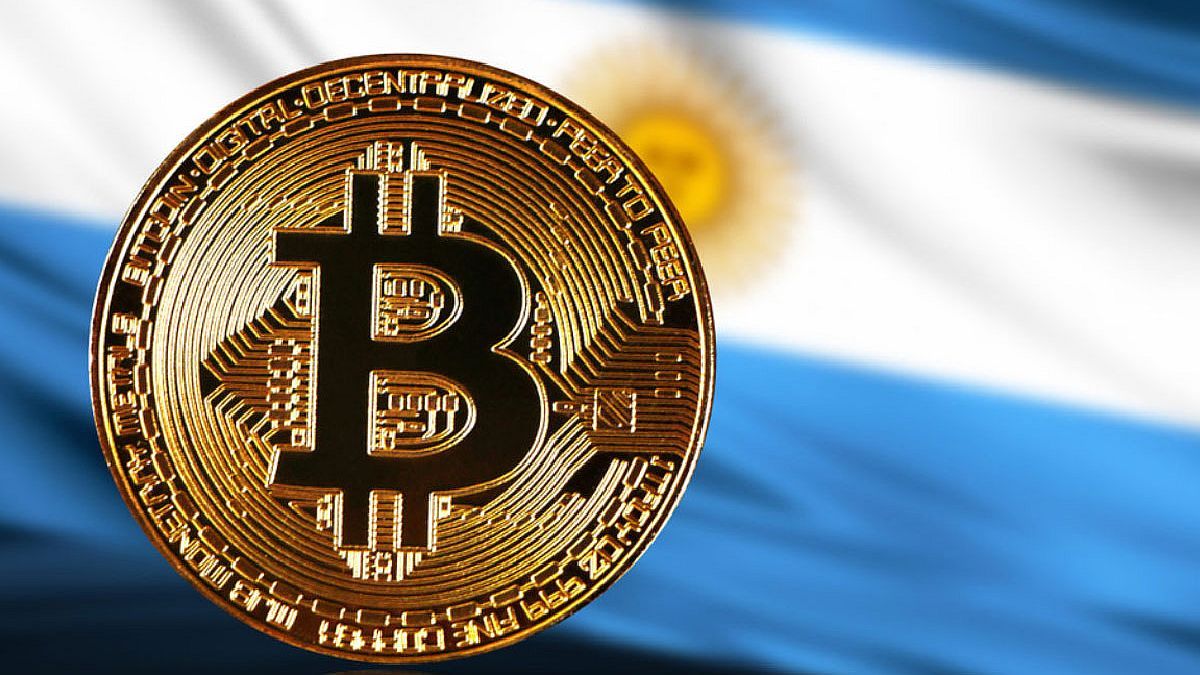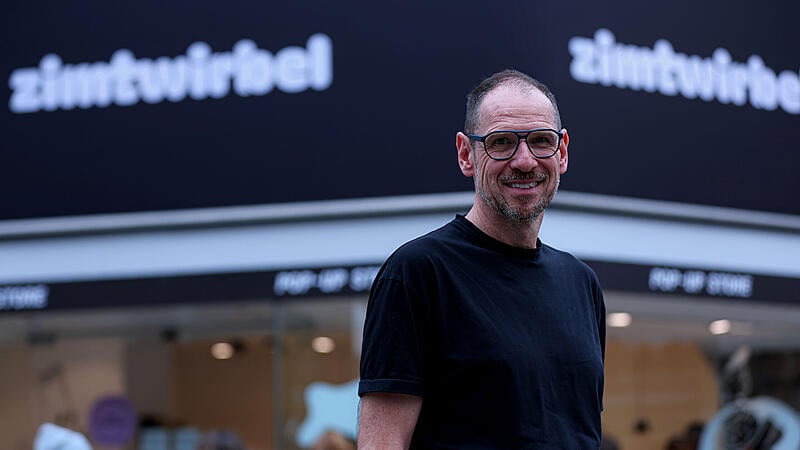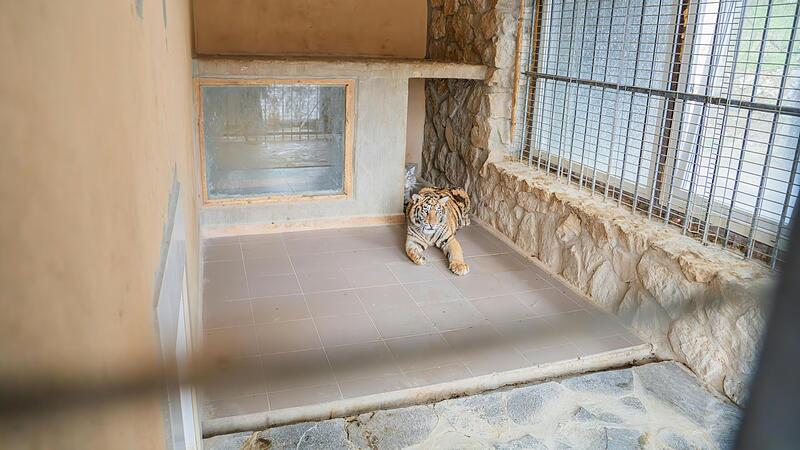In this context, more precisely just a few hours after the fall of Lehman Brothers, a programmer published a document proposing a financial system contrary to the conventional one based on decentralization, immutability and transparency: The Bitcoin
I remember that, back then, very few people talked about Bitcoin. In fact, a few years ago, finance specialists began to study in depth about it.
Nevertheless, Currently with inflation taking over the economy of countries and with central banks issuing uncontrollably, a large part of the mainly millennial population around the world began to proclaim to legalize the use of this digital currency. What do you think will happen in a few years when these young people come to power?
El Salvador, primus inter pares
On July 5, 2021, the president of The Savior, Nayib Bukele, in a conference related to Bitcoin in Miami, expressed adopting Bitcoin as legal tender, which represented one of the most important news in the cryptographic ecosystem and, in turn, led to an intense debate on the new ways of conceiving financial regulation in the 21st century.
Finally, the Salvadoran Legislative Assembly approved this proposal and on September 7, 2021, El Salvador officially became the first country to legally adopt Bitcoin. With the announcement, an incentive was also launched for people to access this cryptomoney by creating an official virtual wallet called “Chivo Wallet”, where the first users were rewarded with a small amount in Bitcoin.
The next country to adopt Bitcoin as legal currency
It is not to be expected that a country like El Salvador, with serious economic and political problems, has adopted Bitcoin as its legal currency. It happens that in a situation of vulnerability it is almost impossible for governments for the poorest areas to have access to traditional financial services.
In this sense, it should be clarified that neither Bitcoin nor blockchain technology arose oriented towards financial investments, but rather as a mechanism that seeks the exchange of information and the automation of processes through cryptographic decentralization of interconnected information nodes.
In simple words, it was born as a computer system aimed at overcoming the need for the intermediation of financial entities to facilitate and audit transactions between users. In this way, automation through the blockchain drastically reduces costs mainly in savings and investment instruments, payments and transfers, granting access to people who were completely excluded from their local economic systems.
These characteristics generate expectations in many countries, especially in Latin America, a region marked by decades of financial instability.
Indeed, According to the Global Adoption Index of Cryptoassets prepared by Chainalysis (2021), Argentina, Venezuela and Colombia are among the 10 countries with the highest adoption of cryptocurrencies in the world, with our country being one of the most developed crypto ecosystems in all of Latin America with more than 400,000 active users (Statista). However, the following question arises: Will the government be willing to reassign part of its role as monetary authority in the face of this new modern and decentralized financial system?
There is no doubt that blockchain technology has started a path that favors a substantial improvement related to the access and use of financial services around the world. However, most Latin American countries still have little or no financial regulation in this matter.
In this sense, it is important to note that the massive adoption of Bitcoin, both in Argentina and in any other country, is not possible without a modern and efficient legal framework that allows citizens to enjoy, in a simple and safe way, the majority of the benefits provided by this disruptive technology.
Master in Finance (UBA). Founder of interfinance.com.ar. Twitter: @MgSergioMorales




